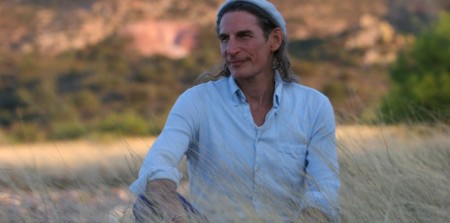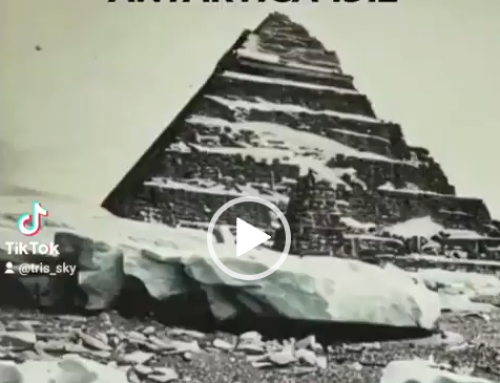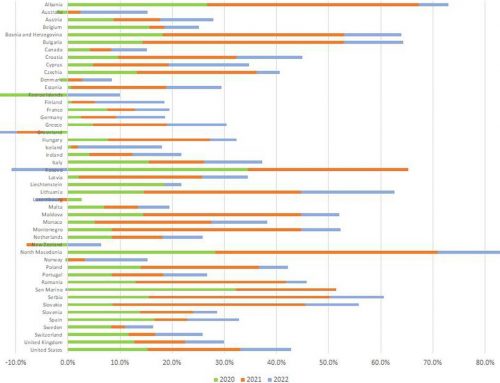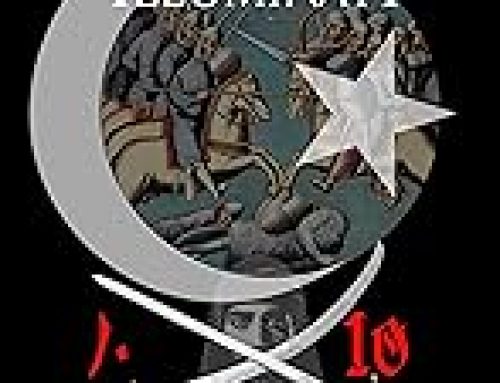Who were the Essenes? Do you remember them? I have so many memories of life with the Essenes, mostly about the spiritual life and the beautiful visions ans moral behaviour pattern. It always touched me to read of hear from them and these coming excerpts of Gabriel Cousens Book will be little golden treasures!
WHO WERE THE ESSENES?
The Modern Living Essene Way is a general path that resonates with the historical life and core truths of the ancient Essenes. It connects to the particular spiritual life of the prophetic, Kabbalistic mystics of the desert, known as the Essenes. It is a complete path and lineage of liberation that goes back 5,000 to 6,000 years, probably to the time of Adam, and more specifically was activated by Enoch, the seventh generation from Adam.
The teachings and way of life of the Essenes were most accurately described by Flavius Josephus, the Roman historian, Pliny the Elder, and Philo, the Alexandrian philosopher. Others in this 300-year period refer to them, including Epiphanius, Eusebius, Hippolytus, Porphry, Strabo, and Chaeremon. Their information is supported by a number of modern historians such as Robert Eisenman, author of many books about these times including The Dead Sea Scrolls Uncovered (he was the one who forced the Dead Sea Scrolls to be released publicly and is professor of Middle East Religions and Archeology and Director of Judeo-Christian Origins at California State University) and Dr. Edmund Szekeley, who activated the Modern Essene Movement in the 1920’s with his book The Essene Gospel of Peace. There seems to be a general agreement among these historians on the uniqueness of the Essenes and the basic information about them. Dr. Szekely summarizes: “Among all the beautiful teachings known to man, none has had a more profound influence for good than that of the Essenes.”
The Essene history documented by these historians covers approximately a 300-year span, from 186 BC to the destruction of the Great Temple and Qumran in 70 AD and the final Roman defeat of the Jewish people, including the remainder of the Essenes known as Zealots (those who would prefer to die rather than lose their sovereignty and be forced to live as slaves and prostitutes, denied their right to live in their spiritual ways by the Romans) at Masada three years later. This makes the point that there was a spectrum of Essenes. Some were married and others celibate; the typical Essene was a mystic of the desert, but others were called Zealots for their political translation of the scriptures into political action. Almost all were vegetarian, but some modern historians suggest that not all were. Some modern French archeologists have even hypothesized that Qumran was a spa at the Dead Sea. It is difficult to conclusively prove what actually was true 2,200 years ago, but the overwhelming evidence documented by ancient and modern historians supports these basic following statements. Some of the great Essenes leaders known in the Christian world include Jesus, James the Just, John the Baptist, and John the Divine.
Josephus, after a three-year apprentice with them, described their teachings:
- The doctrine of the Essenes tends to teach all men that they confidently may trust their fate in the hands of God, and nothing happens without his will.
- They say that the soul is immortal, and they aspire to lead a righteous and honest life.
- They are the most honest people in the world, and always as good as their word.
- They are very industrious and enterprising, and show great skill and concern in agriculture.
- But most of all are those venerated, esteemed and admired who live in the wilderness.
- On account of the sense of justice that they ever show and the courage and intrepidity that they manifest in ever defending truth and innocence.
- They never keep servants. They do not think it is right that one should be the slave or servant of the other, as well as all men are brethren and God is their Father.
- They also perform the service of priest and provide for all the wants, as food and clothing.
- They all live the same simple, industrious, and frugal life.
- The third class of philosophers among the Jews, and the class that is most esteemed for their just and moral life, is that of the Essenes.
- They do not live in any particular town, but in every town, the Order has its respective house . . . in every town is an Elder.
- The Essenes’ worship of God is grand, sacred, and majestic. They eat and drink only what is necessary for their wants. In general, do they not act without the knowledge and consent of their elders. . . But it is always left to their own free will to exercise benevolence and compassion to all in want, of all classes of society . . . to feed the hungry, clothe the naked, and shelter the homeless . . . to comfort the sick, and visit, assist, and comfort the prisoner . . . to comfort, aid, and protect the widows and fatherless.
- They study with perseverance and interest ancient writings . . . they have profound knowledge of the art of healing, and study it arduously . . . they examine and are acquainted with the medicinal herbs and plants; which they prepare as medicine for man and beasts.
Robert Eisenman repeatedly points out they were cold water bathers on a daily basis, wearers of only linen, and in general were purists in their life habits.
According to Philo and other authors of that time they were vegetarians (also confirmed by modern historians such as Eisenman) and took no drink other than rainwater or the juice of fruits. It is said that their diet was fruits, vegetables, nuts, seeds, and grains.
Others suggest they enjoyed music, dance, and other forms of movement and exercise. The Essenes were not seen as just philosophers, but were considered people of intense moral and physical action reflecting their intense beliefs.
Video about the Dead Sea Scrolls






